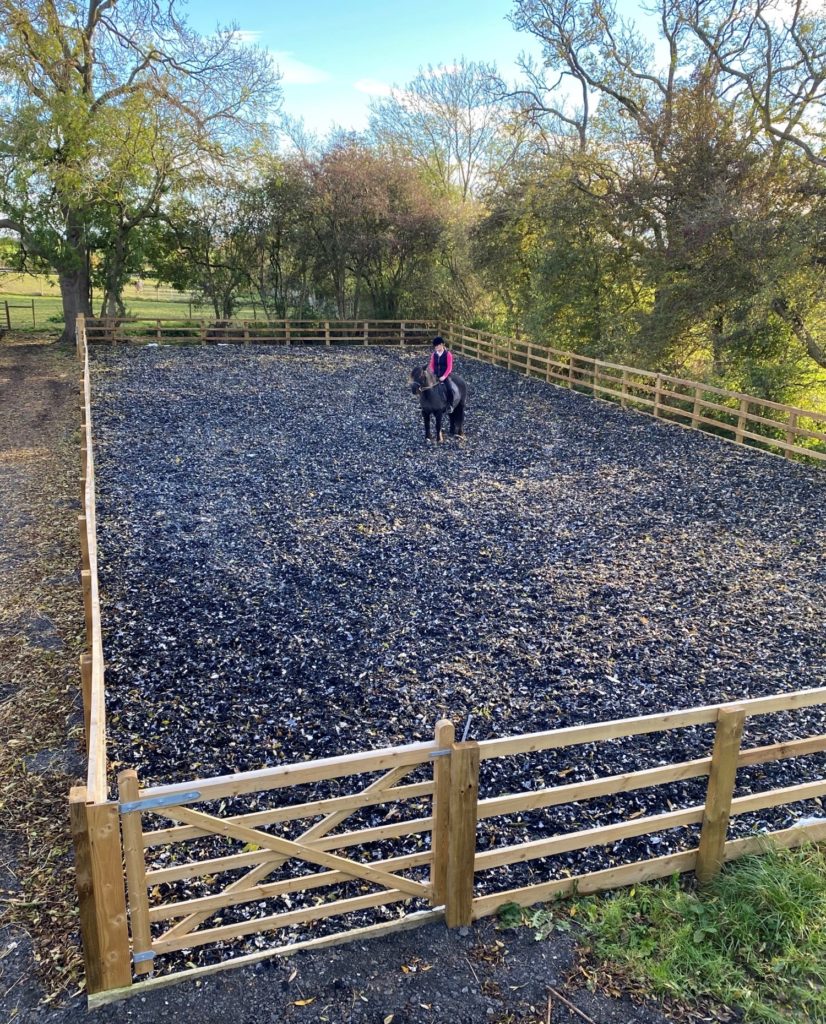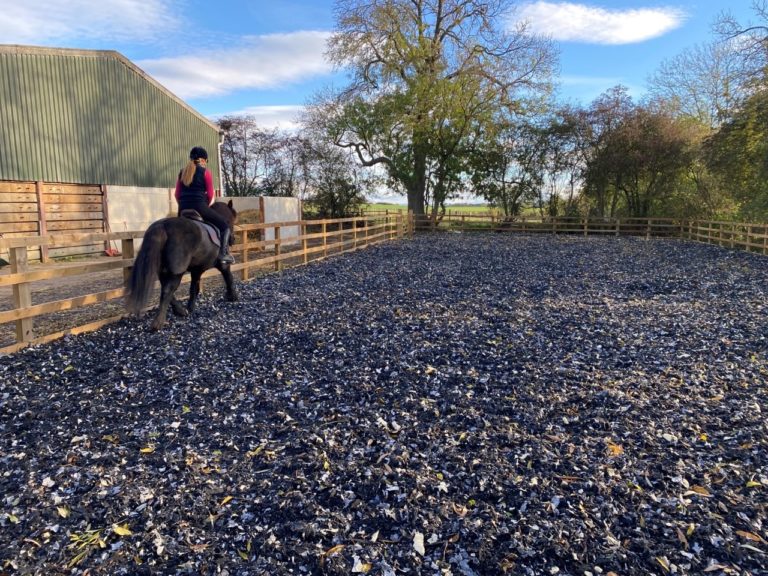As winter approaches, horse owners know all too well the challenges the colder months bring. From muddy paddocks to frozen water troughs, winter can be tough on both horses and those who care for them. However, with some preparation, you can ensure that your stable yard is ready to face the season’s challenges, keeping your horses comfortable and your workload manageable. Here are some essential steps to winter-proof your yard, along with recommendations for British products that can help make your life a bit easier.
1. Weatherproof Your Stables
Winter weather can be harsh, and ensuring that your stables are ready to withstand the elements is crucial. Start by inspecting the roof for leaks and reinforcing any weak points that might let water in. Ensure that windows are well-fitted and free of cracks to prevent draughts, but also remember that some ventilation is essential for fresh air.
For added warmth, consider using Yaris Equestrian’s supatherm rugs (https://www.yarisequestrian.co.uk/product/yaris-supatherm-stable-rug/). Their range of supatherm rugs provides excellent warmth without being too heavy, ensuring your horses stay cosy. You might also consider rubber matting, which provides insulation from the cold ground and can help keep stables warmer and easier to clean.
2. Improve Stable Drainage
Winter often brings a significant increase in rainfall, making good drainage essential. Pooling water can cause muddy conditions and potentially lead to hoof issues, like thrush. Check the drainage around your stables and fix any areas that tend to accumulate water. Gravel or sand can help improve drainage, as can installing additional drainage channels if necessary.
For muddy entrances and pathways, Mud Control Mats are incredible (https://www.mudcontrol.co.uk/) offer an excellent way to create solid, mud-free pathways and reduce slippage.
3. Ensure an Ample Hay and Feed Supply
In winter, horses typically need more calories to keep warm, meaning a reliable hay supply is essential. Stock up early to avoid shortages, as winter often leads to increased demand. Consider storing extra bales in a dry, weatherproof area to prevent them from becoming damp or mouldy.
For supplementary feeds, Dodson & Horrell (www.dodsonandhorrell.com) offers a range of high-quality winter feeds formulated to provide the additional energy and nutrients horses need in cold weather. Check with your vet or equine nutritionist to determine the best diet for your horse during winter.
4. Keep Water Supplies Flowing
One of the most frustrating winter challenges is frozen water. Not only is it a hassle to break ice on water buckets, but dehydration can also be a real risk for horses. Heated water troughs or insulated bucket covers can help prevent water from freezing. Fieldguard offers a range of insulated buckets and trough covers that keep water warmer for longer (www.fieldguard.com).
If you’re on a tight budget, you can also insulate your water buckets by placing them inside old tyres stuffed with straw or wrap the outside of the buckets with bubble wrap. Be sure to check water supplies frequently throughout the day and break any ice that does form.
5. Stock Up on Essentials
Winter weather can often make travel difficult, so make sure you’re stocked up on all essentials. Extra feed, bedding, salt licks, and any supplements should be well-stocked so that you’re not caught out if bad weather hits.
For bedding, Aubiose hemp bedding (www.aubiose.co.uk) is a great option as it’s highly absorbent and decomposes quickly, making mucking out easier and reducing odour. It’s an ideal winter choice for horses that spend more time stabled.
6. Invest in Quality Lighting
With shorter daylight hours, good lighting is essential for safely navigating your stable yard. Make sure all areas are well-lit, especially near gateways, pathways, and mucking-out areas. LED lights are energy-efficient and work well in cold temperatures, providing a reliable lighting solution. Solar-powered options are also ideal for yards without a reliable power source.
7. Regular Health Checks
Horses tend to be stabled more during winter, which increases their risk of developing respiratory issues and other health concerns. Regular health checks will help you identify any issues early, so keep an eye on their weight, condition, and any signs of discomfort. If your horse has any respiratory issues, consider using Naf‘s numerous respiratory supplements, (https://www.naf-equine.eu/uk/breathing).
8. Protect Against Winter Pests
Finally, don’t forget that winter pests like rodents are on the lookout for cosy homes as well. Storing feed in sealed bins and checking stables and storage areas for entry points can prevent unwanted visitors. Pest-Stop’s humane rodent traps(www.pest-stop.co.uk) are a great way to protect your stable yard without harming local wildlife.
Final Thoughts
Winter requires more planning and preparation for horses, but by taking a proactive approach, you can keep your yard running smoothly and your horses comfortable. From extra hay and bedding to better drainage and secure water supplies, these steps will help you stay on top of the season’s demands. And let’s not forget, a mud free turn out area wouldn’t go a miss too… just throwing that out there! Check out our environmentally approved fibre that’s used not only in arenas but to create mud-free winter turnout too! Call 01642 989441 or email sales@foleysequestrian.co.uk.
Useful Resources:
- Yaris Equestrian – Stable Rugs: https://www.yarisequestrian.co.uk/product/yaris-supatherm-stable-rug/
- Mud Control – Mud Management Grids: https://www.mudcontrol.co.uk/
- Dodson & Horrell – Winter Feed: www.dodsonandhorrell.com
- Fieldguard – Insulated Water Buckets: www.fieldguard.com
- Aubiose – Hemp Bedding: www.aubiose.co.uk
- Nat UK – Respiratory Supplements: https://www.naf-equine.eu/uk/breathing
- Pest-Stop – Humane Rodent Traps: www.pest-stop.co.uk
Taking these measures will ensure that your winter routine runs smoothly, keeping both you and your horses happy throughout the colder months.



